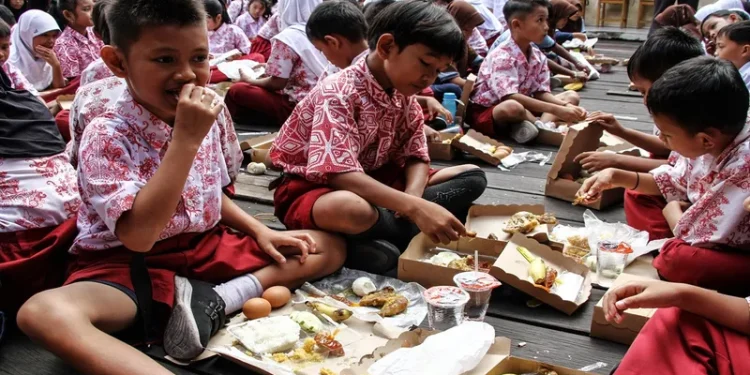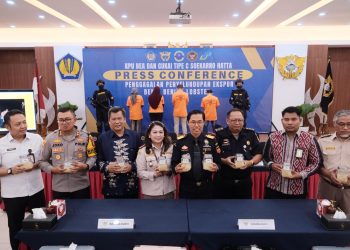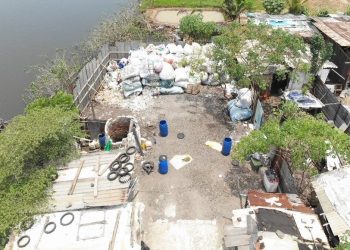Sukoharjo, Indonesia Sentinel — A food poisoning incident involving 50 elementary school students in Sukoharjo, Central Java, has put Indonesia’s free school meal initiative under the spotlight. Part of President Prabowo Subianto’s flagship nutrition program, the initiative aims to provide nutritious meals to students nationwide. However, this recent mishap has raised questions about food safety standards and implementation procedures.
The students, from an elementary school in Sukoharjo, began experiencing symptoms such as nausea, dizziness, and vomiting shortly after consuming their free meal. The menu that day included white rice, fried chicken, stir-fried vegetables with tofu, dragon fruit, and milk.
The root cause was later identified as improperly prepared chicken, which reportedly emitted a foul smell and was undercooked. After a few students fell ill, the school quickly withdrew the remaining meals and alerted local health authorities.
Kunari Mahanani, head of Sukoharjo City’s Health Center (Puskesmas), confirmed the findings, stating, “The chicken was not properly cooked. Fortunately, the symptoms were mild, and all affected students received immediate treatment.”
The Response
Medical personnel acted swiftly to treat the affected students, who were taken to the nearest Puskesmas. They were given medication to alleviate their symptoms and closely monitored. None of the cases required hospitalization, and the students were reported to have recovered by the next day.
To prevent further issues, the chicken-based meal was replaced with boiled eggs. “We replaced the meal immediately and are investigating the food preparation process to ensure this doesn’t happen again,” said Dadan Hindayana, Head of the National Nutrition Agency (BGN).
Government’s Reaction
The incident prompted swift action from government agencies. Hasan Nasbi, spokesperson for the Presidential Communication Office (PCO), acknowledged the need for stricter food safety protocols.
“This unfortunate incident serves as a critical evaluation point for the National Nutrition Agency. We must tighten our standard operating procedures to ensure the quality and hygiene of meals provided under this program,” Hasan stated during a press briefing.
BGN’s initial investigation revealed that the problem occurred during the chicken marination process. The agency assured the public that new measures would be implemented to prevent similar issues in the future.
Community Concerns of Food Poisoning
While the students have recovered, the incident has raised concerns among parents and educators about the program’s implementation. The free meal initiative is designed to address child malnutrition and improve academic performance. However, lapses in food safety can undermine its objectives and erode public trust.
“This program is essential for our children’s health, but food safety must be prioritized. Incidents like this should not happen again,” said one parent.
Experts have called for stricter oversight and better coordination between schools, food suppliers, and health authorities. They emphasize the need for regular audits and training for personnel involved in food preparation.
Survey Reveals! Politicians and Police as Least Trusted Professions in Indonesia
Looking Ahead
The Sukoharjo food poisoning incident highlights the challenges of implementing large-scale nutrition programs. While the program has noble goals, ensuring its success requires addressing logistical and operational issues, particularly food safety.
For now, the government has pledged to improve monitoring and enforcement of hygiene standards. Schools will also be required to report any irregularities to local health authorities promptly.
As the program continues, this incident serves as a reminder of the importance of quality control in achieving its mission to improve children’s health and education outcomes.
(Becky)


























